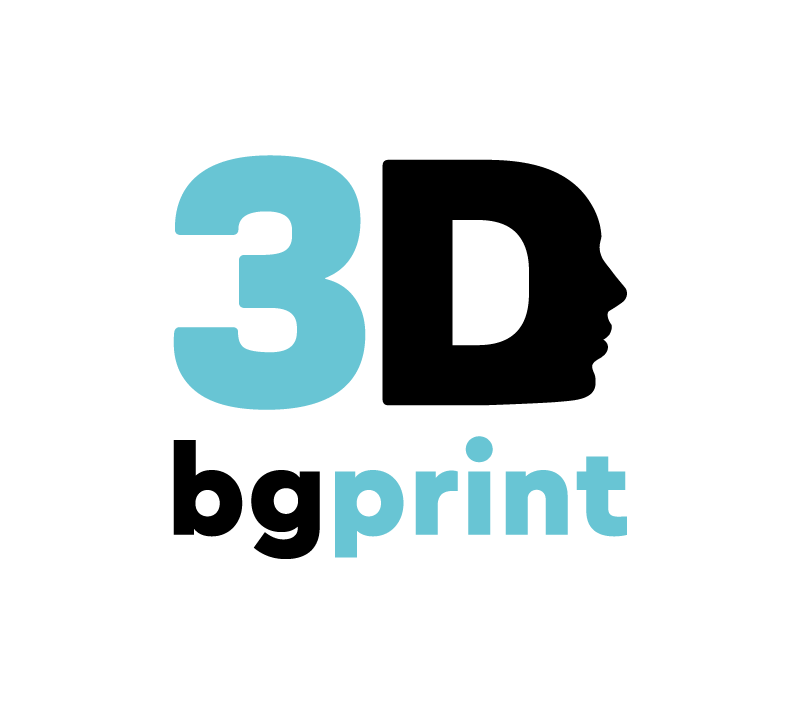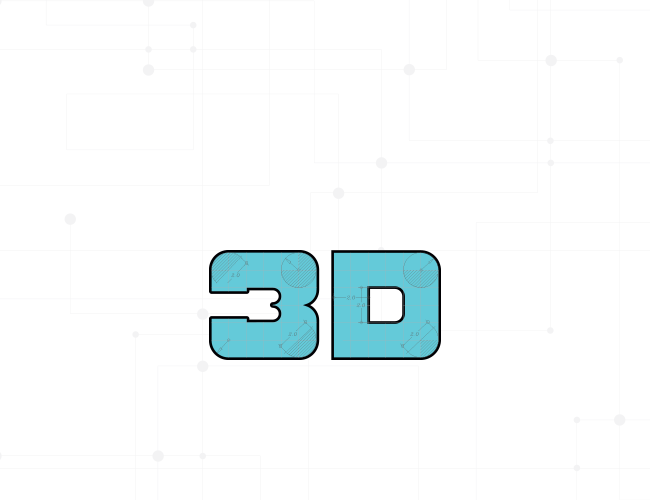Your cart is currently empty!
BP to explore how 3D printing can be used in the oil market
British oil company BP will begin studying the development of 3D printing and how it could affect the oil market, the Financial Times reports. According to BP, the growing digital manufacturing could have a detrimental impact on the need to supply products around the world.
Future change
The British group’s chief economist, Spencer Dale, said his team planned to delve deeper into 3D printing technology. This could lead to complex changes to BP’s business model and its overall global supply business, as well as provide a much-sought-after new source of revenue for the oil industry.
The transportation sector accounts for over 20% of total oil consumption, with most of the movements being intercontinental. However, none of this will make sense if 3D printing develops to the point where a large part of the products currently transported around the world can be printed locally. This would lead to a rapid development of local production and a serious change in the prices of products on the end market. 3D printing is another headache for the oil industry, which has been criticized by various parties in recent years, especially the automotive industry.
Already developed technology
3D printing is already used in a number of sectors – from medical implants to aircraft parts. In short, the technology allows the creation of physical objects by using 3D digital models. It is expected to develop over the next few years and be used in more and more sectors. Sales of 3D printers themselves are increasing at a tremendous pace. Last year, over 450 thousand printers were sold, while sales forecasts for 2020 amount to over 6.7 million printers, according to Gartner. The company predicts that 3D printing will become not an exotic, but a basic technology that can be used in households. In this case, the revenues for the various companies will most likely come from the sale of the models themselves, which are used in printing.
According to Spencer Dell, printing will be the next technological trend that will disrupt the rhythm of traditional companies. That is why BP will start to enter this topic earlier. At the same time, however, he does not expect major upheavals. According to its latest annual report, BP expects oil demand to continue growing until the 2040s. The company’s forecast takes into account such disruptive trends as 3D printing, electric cars and new forms of clean energy.
Source: http://www.capital.bg

